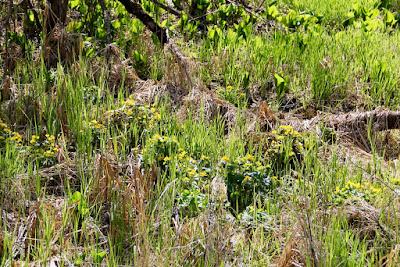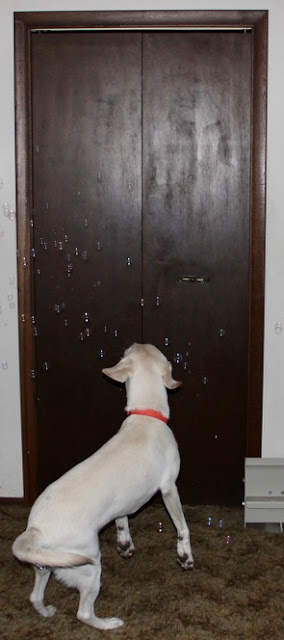This morning I got slapped up alongside my head, but in a good way. The credit union that issues one of my credit cards ran into an issue, or two, and a number of their Visa cards were declined in a number of locations. Mine was declined at a Holiday gas station, thrice. This did not put me in a happy mood, but I wasn't desperate for gas so I moved on to pick up our Community Supported Agriculture share. The farm's manager pulled in as I was parking and we chatted briefly. She expressed sympathy for my frustration and asked if I had enough gas and/or money. All of a sudden, I felt like a cared for member of a community. These days that's all too rare a feeling, at least for me. I hadn't really expected that degree of kindness and I suspect that says more about me and my attitude these days than I'm comfortable with. Would I have offered assistance to someone I was only casually acquainted with? I've become more accustomed to dealing with a world in which businesses claim to be all about the customer but limit real concerns to "we apologize for any convenience." So, in addition to considering looking for a better credit union, I need to make some major adjustments in my attitude and expectations.
 |
| skunk cabbage along country road
Photo by J. Harrington
|
Next point: You may have read that nature can help us heal. Based on this morning's events, I can vouch for it. I took a scenic, gravel road, route as I headed away from the farm. The leaves are now about the size of a mouses ear. Since I'd brought my camera along, I pointed the Jeep toward the township road ditch surrounded by skunk cabbage and marsh marigolds, pulled over, and took some pictures. Farther down the road we took a peek at this spring's crop of lambs and beyond them watched a rooster pheasant scurry into the roadside weeds. All of a sudden I was less perturbed about gas, credit cards and the general state of the world and its faulty technology. I hope I've learned a lesson, that less time should be spent finding what's wrong with the world and more time spent enjoying what's right. That probably means lots less time spent on social media.
 |
| marsh marigold and skunk cabbage
Photo by J. Harrington
|
To a Marsh Hawk in Spring
There is health in thy gray wing,Health of nature’s furnishing.Say, thou modern-winged antique,Was thy mistress ever sick?In each heaving of thy wingThou dost health and leisure bring,Thou dost waive disease and painAnd resume new life again.
********************************************
Thanks for visiting. Come again when you can.
Please be kind to each other while you can.















